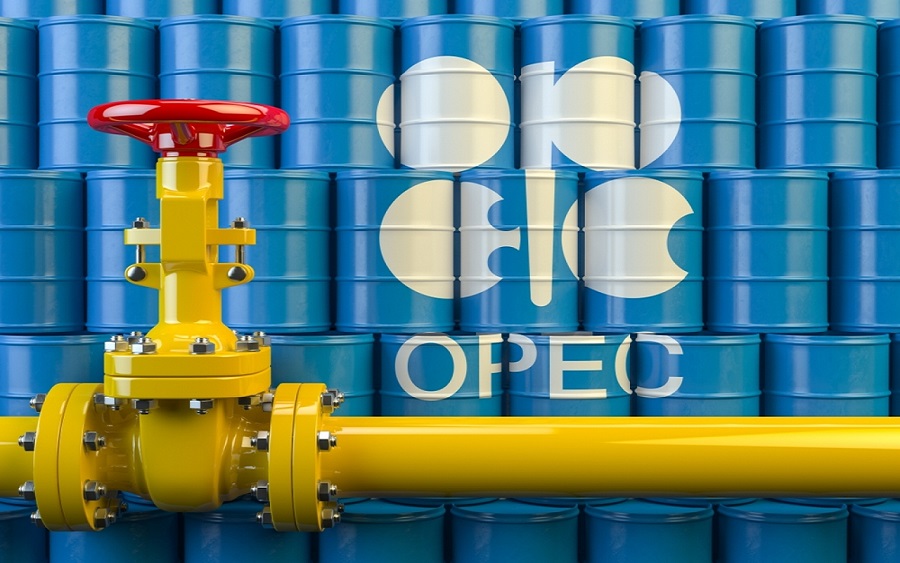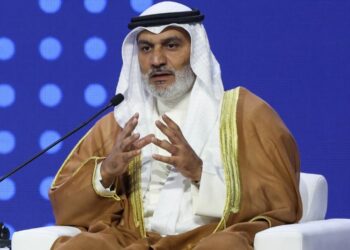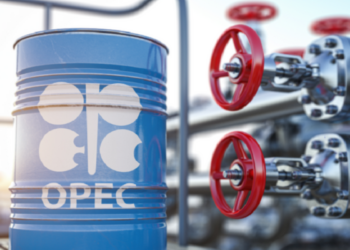During the just concluded G20 meeting of the Energy Ministerial meeting in Goa, India, the Secretary General of the Organization of Petroleum Exporting Countries (OPEC), Haitham al Ghais, said that global energy needs will continue to rise given the expected growth in the world economy and population.
He noted that energy demand is estimated to increase by 23% in 2045.
He also said that OPEC believes the future needs to see investment in energy transitions that focus on an inclusive ‘all-people, all-fuels and all technologies approach.
According to him, OPEC looks forward to working closely with the G20 to promote a sustainable energy future for the world.
During the G20 meeting in India last week, al-Ghais also highlighted the need for more investments in oil. He said that the oil industry alone requires global investments of $12.1 trillion between now and 2045.
However, there have been increasing calls over the past few years to end the financing of oil projects.
According to OPEC data, in just five years, there would be a staggering oil market deficit of 16 million barrels per day (mb/d) between global demand and supply, if investments into upstream activities were stopped today.
OPEC has always encouraged more oil exploration across the world, so as to meet increasing energy demand.
However, in recent times, OPEC member countries have called for oil exploration to be carried out with environmental considerations in mind.
Nairametrics reported in May 2023, that the COP 28 President and UAE Minister of Industry and Advanced Technology, Dr. Sultan Al Jaber, called on global stakeholders to work towards reducing emissions, not energy access.
According to Dr. Al Jaber, the world can build a new economic development model based on putting an end to emissions while breathing new life into economic growth.
He maintained that while the world still uses hydrocarbons, stakeholders must do everything in their power to reduce and eventually eliminate the carbon intensity of that energy.
Oil demand keeps increasing each year
In its recently released Statistical Bulletin, OPEC stated that the world crude oil production averaged 72.80 mb/d in 2022. This represents an increase of 3.46 mb/d year-on-year or 5.0%.
Meanwhile, OPEC crude oil production rose by 2.53 mb/d year-on-year or by 9.6%, and crude production by non-OPEC countries rose by 0.92 mb/d y-o-y or by 2.1%.
The data also notes that OPEC’s share of crude oil production was 39.7% in 2022.
This is an increase from 38% in 2021, and the highest share since 2018. Meanwhile, in 2022, the world oil demand increased firmly by 2.5 mb/d, year-on-year, with OPEC oil demand taking a considerable share of global gains.
What you should know
During his G20 speech, Haitham al-Ghais also noted that alongside oil investments, OPEC-member countries are also making major investments in renewables and hydrogen capacity, carbon capture utilization and storage (CCUS) and other technologies, as well as promoting the Circular Carbon Economy.





















